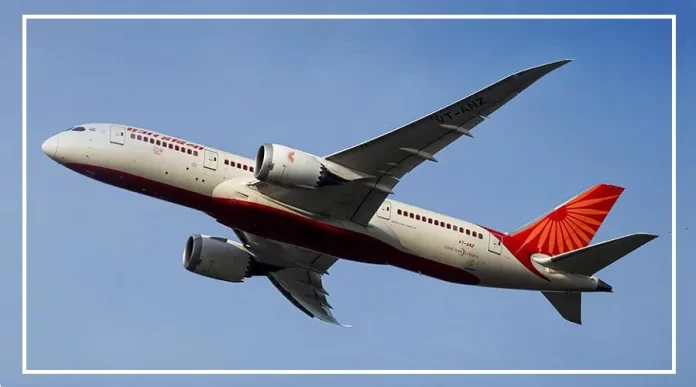Delhi International Airport Limited (DIAL), which manages Delhi’s Indira Gandhi International Airport, has a plan to charge airlines a bit more money.
Many airlines leave their airplanes parked in the airport’s designated area for parking planes. DIAL wants to raise the fees for parking these airplanes.
DIAL explains that these airline planes have been on the ground for a long time and are essentially not in use.
Therefore, they want to charge airlines extra for these stationary planes because they take up parking space at the airport, causing issues for flight operations.
The planes are just sitting in the parking area. Recently, several airlines have faced engine problems, including Airbus planes with Pratt & Whitney engines.
This has led to airlines like ‘Go First’ facing the risk of closing down. Technical issues have also been observed in many Indigo
and Air India aircraft, with the number of such cases increasing. These planes occupy valuable parking space at the airport.
A spokesperson for DIAL mentioned that currently, around 64 aircraft from various airlines, including IndiGo, SpiceJet, and Air India, are sitting idle at Delhi airport.
This includes 24 Indigo planes, 6 SpiceJet planes, 2 Air India planes, and one Alliance Air plane.
Additionally, there are 23 planes from Go First, 5 from Zoom Air, and 3 from Jet Airways, which have stopped operations but are still parked at the airport.
Meanwhile, there are 295 parking spaces for planes at Indira Gandhi International Airport (IGAI).
DIAL’s CEO, Videh Kumar Jaipuriar, said that in the future, when they assess the airplane traffic at the airport, they might consider charging extra fees from airlines that leave their planes parked for an extended period. This review of airport traffic is scheduled for early next year.
If parking fees for airlines increase, passengers might end up paying slightly more for air travel.
This is because the airlines may pass on this additional expense to customers. “Airport charges” are already a standard part of air travel ticket costs
